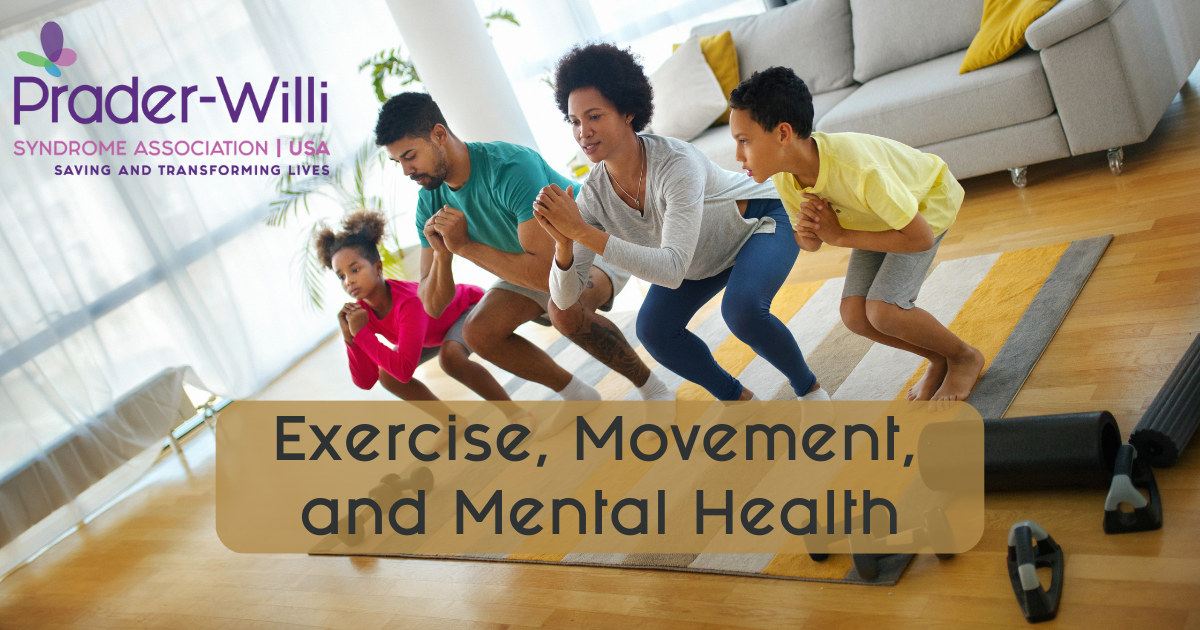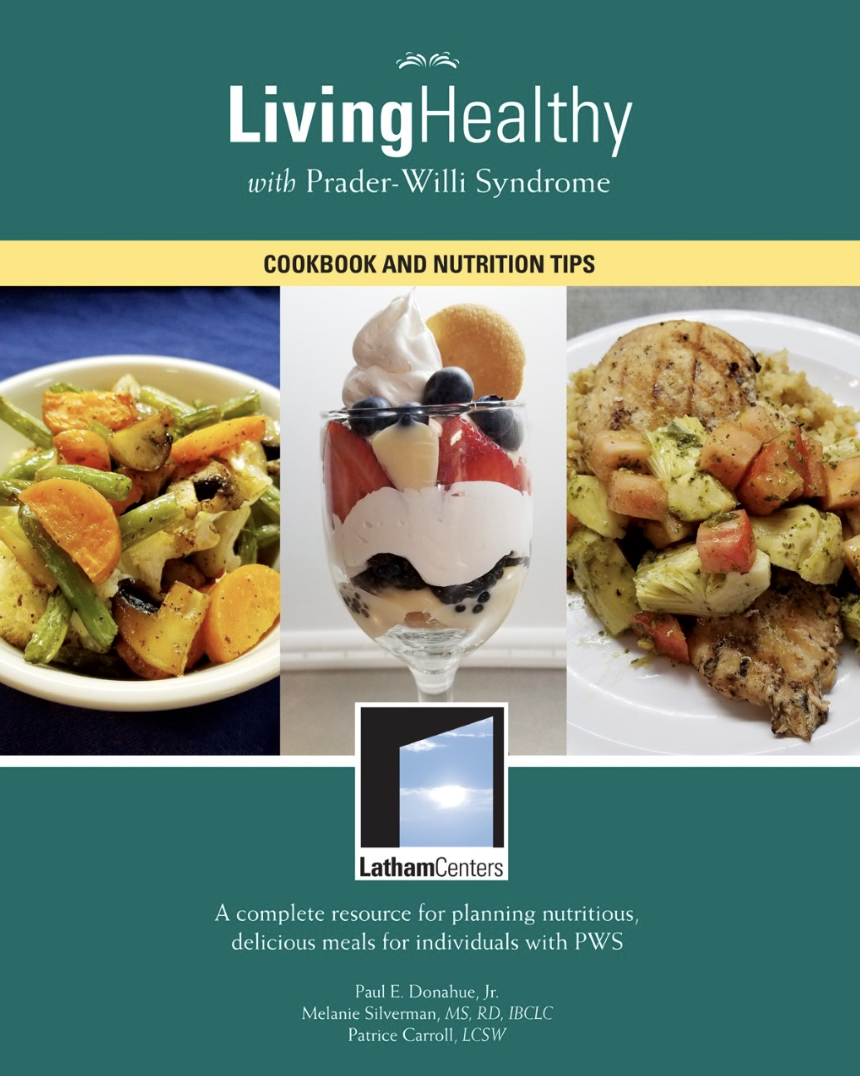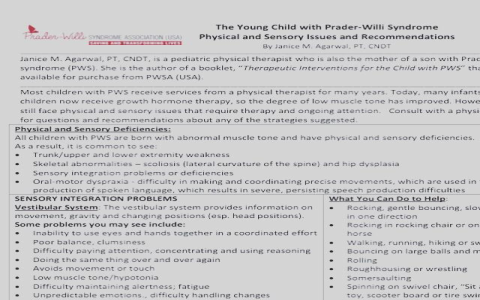Now, if you’re dealin’ with Prader-Willi Syndrome, or got someone in the family who’s got it, you sure gotta be real careful with how you live and what you eat. This condition is one of them rare ones, and it messes with the way the body works, especially with food and how the body handles hunger. People with PWS, they got this big ol’ appetite that don’t stop, and that can make it hard to keep them from overeatin’. So, you gotta pay close attention, and I mean real close, to make sure they stay healthy and don’t run into trouble down the road.

Eating Right is the first thing you gotta focus on. Folks with PWS usually don’t need more than 1,000 to 1,200 calories a day. Now, I know it’s hard to keep track of that, but you gotta do it. A low-calorie diet that’s well balanced is key. That means makin’ sure they get the right mix of fruits, veggies, proteins, and whole grains, but not too much of anything that might make ’em put on weight. This diet, it ain’t just for a few weeks or months, it’s gotta be the way they eat for the rest of their lives, so it’s real important to stick to it.
But it’s not just about what you eat; it’s also about staying active. People with PWS, they might not be able to run marathons or anything, but they still need to get movin’. Simple things like walking, swimming, cycling, or even dancing can make a big difference. When you get them moving at a good pace that gets their heart workin’, they build muscle, lose some of that extra fat, and even feel better in their mood. That’s why you gotta keep ’em active every day, and not just sit ’em in front of the TV all day.
Now, about mental health—that’s a big one too. See, folks with PWS can have a hard time with anxiety and depression. The stress of always feelin’ hungry and not being able to get what they want, it wears ’em down. So, you gotta keep an eye on their mood, and if they start actin’ different or seem extra anxious, it’s best to get help quick. There’s also a higher chance of psychiatric disorders with PWS, so pay attention to any signs of stress or changes in behavior.
As for independence, well, it ain’t always as easy as just lettin’ ’em go out and do their own thing. Most adults with PWS, they can’t live on their own or work full-time jobs like most folks. The reasons are that they got problems with food control and some difficult behaviors that make it hard to live in a regular environment. It’s just too much to handle without extra support. But, don’t think they can’t do nothin’. With the right help and a good plan, they can still do some work and live a fulfilling life. It’s just gotta be the right kind of work, something that fits their needs.
Sometimes, people try to send ’em to a regular job or work program, and that don’t work out so well ’cause there ain’t enough support. So, if you’re thinkin’ about that for someone with PWS, make sure there’s a good, solid plan in place. A little extra help can go a long way in makin’ sure they succeed and don’t end up feelin’ frustrated or upset.

But don’t get discouraged, okay? It’s a tough road, but with the right health and wellness strategies, folks with Prader-Willi Syndrome can live happy and healthy lives. You just gotta stay on top of the eating habits, keep ’em active, and pay attention to their mental health. It ain’t always easy, but it’s the best thing you can do for them.
In short, here’s what you gotta remember:
- Strict food control is a must—keep those calories in check.
- Exercise is important—help ‘em stay active with things like walking, swimming, or dancing.
- Pay attention to mental health—anxiety and depression can be real issues, so don’t ignore it.
- Independent living is tricky, so make sure they got the right support in place.
So, that’s the gist of it. You gotta take care of someone with PWS, but it’s all about keepin’ things simple and steady. Just stick to a healthy routine, keep ‘em movin’, and make sure they get the right help when they need it. It can be done, and you can make it work!
Tags:[Prader-Willi Syndrome, health, wellness, nutrition, exercise, mental health, PWS, obesity, independence]















